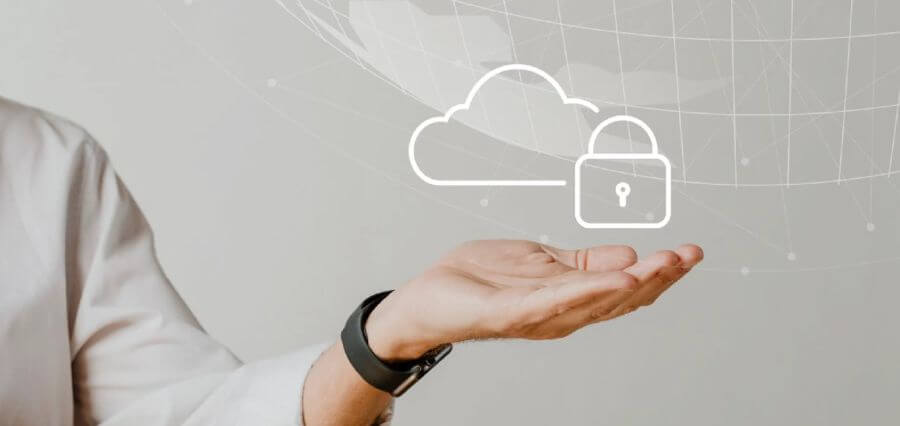In today’s dynamic landscape of leisure venues, encompassing amusement parks, museums, and sports arenas, the emphasis on visitor experience is paramount. People flock to these venues seeking entertainment, education, and memorable moments. However, alongside the pursuit of creating delightful memories, venue managers face an increasingly critical responsibility – safeguarding the sensitive information of their visitors. As technology continues to shape the way venues operate and interact with their patrons, the role of venue manager software has become multifaceted. Beyond its primary functions of aiding activity management and resource allocation, this software is a crucial guardian of security and data privacy.
Here are several ways venue manager software can protect information within leisure venues.
Understanding Security Measures
In an era where digital data holds immense value, security measures have become paramount. Venue manager software employs a range of encryption techniques to ensure data security. Data encryption involves converting sensitive information into an unreadable format using encryption algorithms. This scrambled data can only be deciphered by authorized users with the appropriate decryption key, protecting it from unauthorized access.
Two-factor authentication (2FA) is another crucial security layer. It requires users to provide two forms of identification before accessing the software. This extra layer of security significantly reduces the risk of unauthorized access, even if login credentials are compromised.
Compliance with Data Privacy Regulations
Data privacy regulations like the General Data Protection Regulation (GDPR) and the California Consumer Privacy Act (CCPA) impose stringent guidelines for data protection. Venue manager software ensures compliance with these regulations by implementing features that enable users to secure and manage personal data effectively. This includes obtaining explicit consent for data collection, providing the ability to delete user data upon request, and offering transparent privacy policies.
Safeguarding customer information is a top priority to prevent data breaches. The software employs robust encryption methods for storing and transmitting data, ensuring that the stolen data remains encrypted and unusable even if a breach occurs.
Secure Payment Processing
Venue manager software integrates secure payment gateways to facilitate financial transactions. These gateways are designed with advanced encryption protocols to safeguard financial data during transactions. By encrypting sensitive payment information, the software prevents unauthorized interception of data, ensuring that payment details remain confidential.
Secure payment options not only protect financial data but also enhance user trust. Users are more likely to engage with an event management platform that offers secure payment methods, knowing their financial information is well-protected.
User Access Control
User access control mechanisms are vital for preventing unauthorized access to sensitive data. Role-based access control (RBAC) limits data access to authorized personnel based on their organizational roles. Administrators can assign specific roles and permissions to users, ensuring that each user can only access the information relevant to their responsibilities.
Admin controls enable further customization of user access. Venue manager software allows administrators to define specific permissions and restrictions for different users, ensuring that only authorized personnel can perform critical actions and make essential changes. This prevents internal data breaches by limiting access to confidential data.
Implementing these comprehensive security measures in venue manager software ensures the protection of sensitive data, compliance with regulations, and establishment of a secure digital environment for event management.
Data Backups and Recovery
Regular data backups are a cornerstone of data protection. Venue manager software emphasizes the significance of routine backups to prevent the loss of critical information. These backups involve creating duplicates of data and storing them securely, so if data is compromised or lost due to hardware failure, cyberattacks, or human errors, a recent and intact copy can be restored.
Disaster recovery strategies integrated into venue manager software are pivotal. These strategies outline steps to be taken in the event of data loss, ensuring business continuity. Such measures may include automated data recovery processes, redundant data storage, and failover systems that seamlessly switch to backup servers to minimize downtime.
Regular Software Updates
Staying up-to-date with the latest software versions is of paramount importance. Venue manager software continuously evolves to provide enhanced functionality and security. Regular updates are not only about new features; they often include critical security patches to address vulnerabilities that cybercriminals might exploit.
Outdated software can expose vulnerabilities, making it susceptible to cyberattacks. By regularly updating the software, venues strengthen their defense against emerging threats and maintain a secure environment for data handling and event management.
Training and Education
The human element plays a significant role in data security. Educating staff on cybersecurity best practices and proper data handling is essential. Venue manager software encourages training sessions to raise awareness about potential threats, phishing attempts, and social engineering tactics cybercriminals employ to gain unauthorized access.
Conducting workshops gives users the knowledge and tools to recognize and report suspicious activities. The software cultivates a culture of vigilance and responsibility by involving users in the cybersecurity conversation, contributing to a secure digital environment.
Conclusion
In conclusion, venue manager software is critical in securing data and ensuring the integrity of event management processes. By integrating a multitude of security measures, disaster recovery strategies, and data protection protocols, the software offers a robust defense against cyber threats. Emphasizing proactive measures such as regular updates, staff training, and education reinforces the importance of data security in the industry. As venues prioritize data protection, they ensure their clients’ peace of mind and build a foundation of trust that underpins successful event planning and execution.


